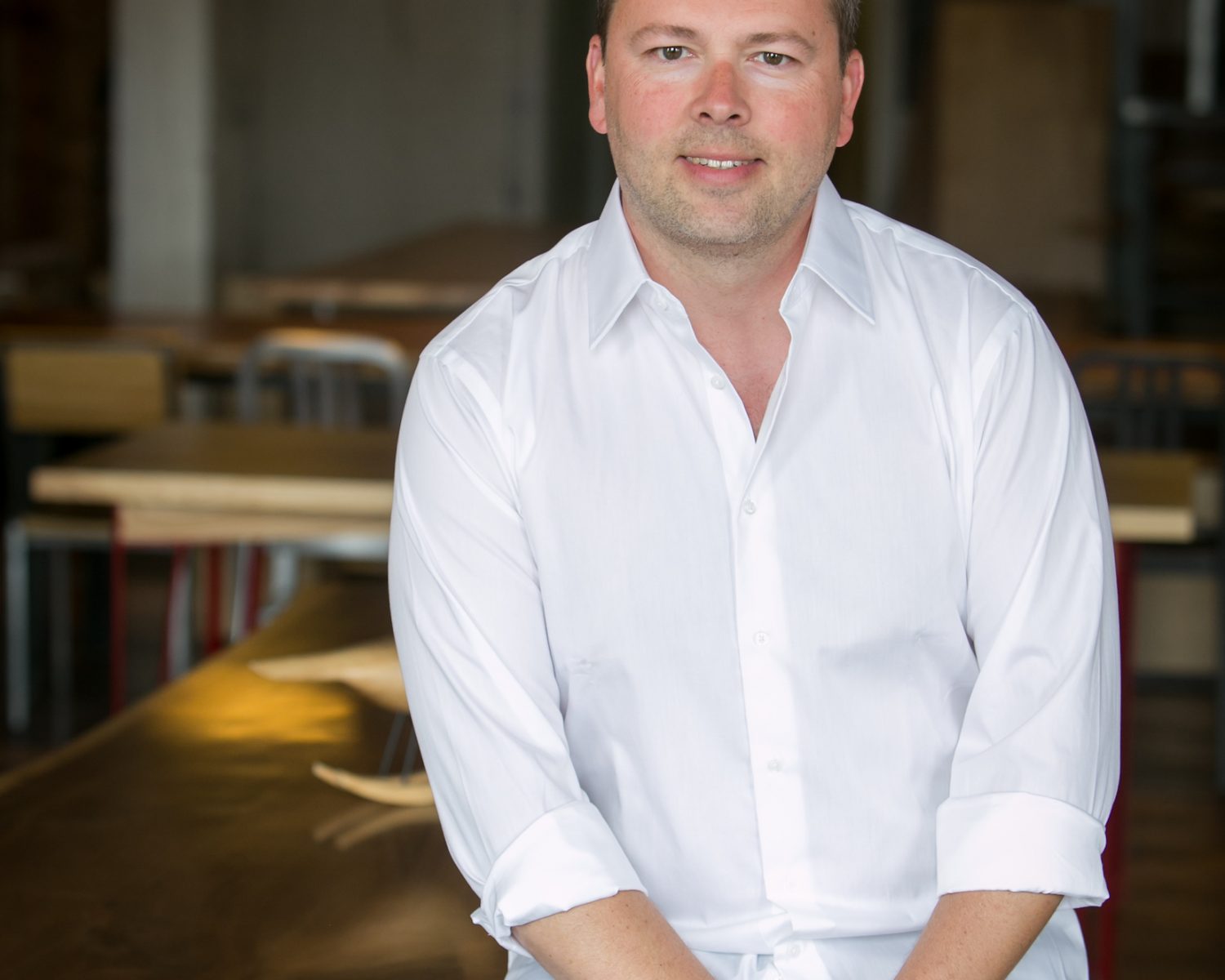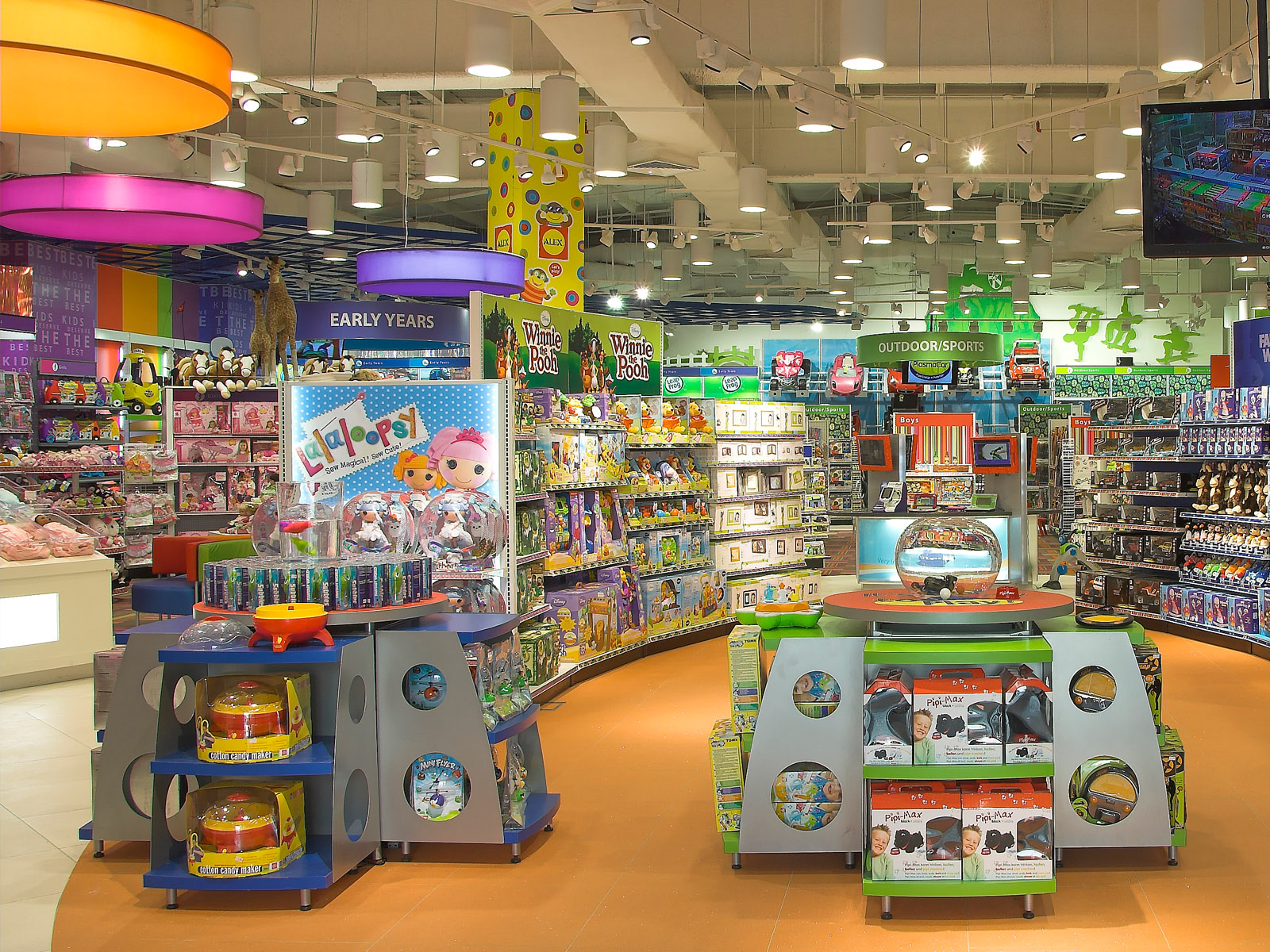Commentary
Where Form and Function Meet Sustainability
Nov 17, 2021
JGA recently worked with Icon Modern to craft a 19-foot-long table out of elm wood from the Ford House’s property for their new retail space. They’re helping retailers and companies tell their story while saving the planet one table at a time.
Icon Modern’s co-founder, Rocky Levy has always been interested in sustainability. He was working as a mutli-line rep in the furniture industry selling custom boardroom furniture when he noticed that the sustainable materials being touted (bamboo, grasss) weren’t really that sustainable.
Then, as fate would have it, he saw a news story about a local man that was collecting downed trees from the parkways and milling them into lumber. At the time, his day to day job was focused on mainly wood furniture that this struck a chord. He thought that kind of reclaimed material might have a place in the retail industry to be really unique and at the same time actually sustainable.
The problem was that Rocky didn’t make or design furniture. So, he had to find someone that could turn his vision into products — and eventually a business. He found an architect, a man running a steel shop out of his garage and another to make the furniture.
When it came time to sell his work, he did it with conversations around the material. His first real connection just happened to be with a friend who had just taken a position at the regional offices of Starbucks in Chicago. He was able to sell something that only existed on paper to one of the biggest, most desirable companies in the world.
Then, the actual work began. For the first two years, he and his small team built tables for Starbucks out of a residential garage. The company found its niche and its success around using incredibly unique local materials that nobody was utilizing in the commercial furniture industry and it quickly outgrew that two-car garage.
Why commercial? Rocky chose to go the commercial route because that’s where his connections were. He started with wood because of its obvious applications and knew that’s where he could make the biggest impact. The larger commercial projects using these reclaimed materials would allow the company to re-use more material.
All of the material that Icon Modern uses is sourced regionally. And by material, it really can be anything. They’ve even done projects with old car parts and ferris wheel seats. “It generally starts with a conversation. The client wants something unique, maybe a conversation piece, maybe something relating to their location or their industry that they’re in,” explains Rocky. They’re uncovering what would rot in a junk yard and giving it a second life in an unexpected way.
When they’re lucky, they get brought in early enough to actually salvage material from a tear down before the new building is constructed. Then they take those materials and design furniture to placed back in the new building. And that that kind of story is the most pure sustainable story that you can get
Icon Modern typically works with architects and designers in retail, hospitality and the corporate landscape. With demand, their business has changed from being material-centered to now being capability-centered and they have simply maintained the fact that they’re always going to use sustainable material — whether the client specifically requests it or not. “It’s just the right thing to do,” says Rocky. Their designs evolve based on the brand and the story they want to tell. Sometimes they’re subtle and other times they are WOW pieces.
Where Rocky finds true success is the little connections between the end user and the piece. Comfort comes when they understand that this piece has been thought out and specifically designed for that space.
While the majority of their work is still regional, Icon Modern has grown exponentially with projects across the U.S. and in Canada. There is a growing demand for this and their creativity when it comes to designing for the new office environment. Plus, companies are turning to local solutions and local makers to help them solve today’s supply chain challenges. Icon Modern’s pieces serve multiple roles. They’re functional. They’re sustainable. They each have a story. And most striking, they’re beautiful. It makes for a welcoming space and we could all use more of those in this world.

